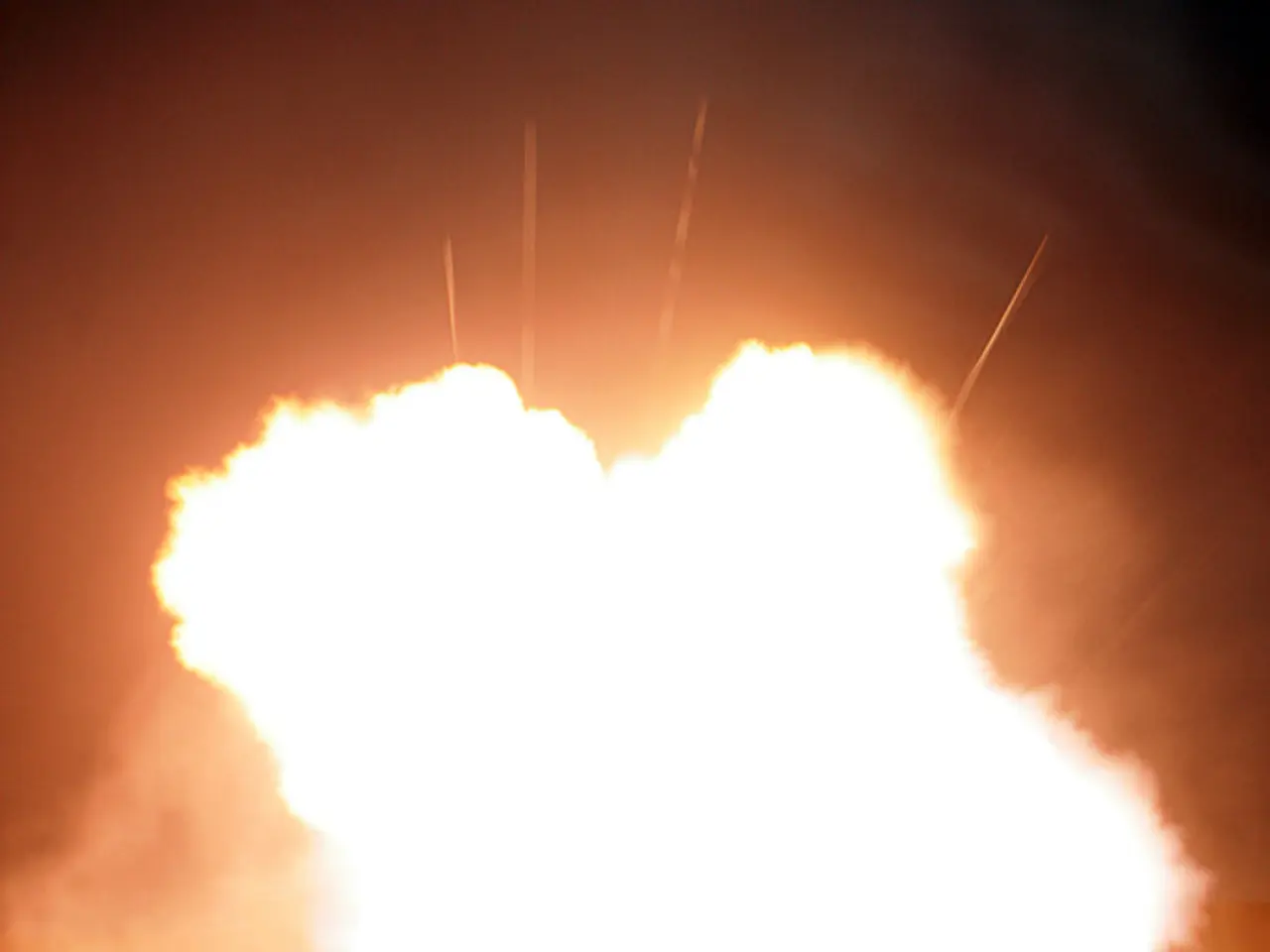Sports injury is not classified as a work-related incident in sports contexts - A sports injury sustained during athletic activities should not be misconstrued as an accident that happened during the course of duty or employment.
Firefighter's Work Accident Claim Dismissed by Administrative Court of Trier
A professional firefighter in Germany has had his work accident claim dismissed by the Administrative Court of Trier. The case, number 7 K 5045/24.TR, centres around an injury the firefighter sustained in December 2023, which was not recognised as a work accident.
The firefighter, who had a pre-existing knee injury before he was hired, reinjured his knee in 2019 with a torn ACL in his right knee. However, the court attributed his December 2023 injury to a private sports accident before his employment.
The court described a sports incident on duty as the "last straw that broke the camel's back," but stated that it was not the decisive cause of the plaintiff's injury. This ruling regarding the case is not yet final.
When sports injuries sustained by professionals during duty are not recognised as work accidents, the key legal considerations involve challenges in workers' compensation claims, liability, assumption of risk, and potential alternative legal remedies.
If an injury during sports duties is not classified legally as a work accident, the athlete may be barred from workers' compensation benefits, which cover medical expenses and wage loss. This is common because sports injuries are often deemed inherent risks of the sport rather than workplace accidents.
Athletes are usually considered to have accepted the ordinary risks of their sport. Therefore, simple injuries from regular play may not constitute a compensable accident under labour laws. However, liability can arise if the injury results from negligence or reckless conduct beyond ordinary risks, such as unsafe equipment, inadequate supervision, or recklessness by a party other than the injured player.
If the injury was preventable or due to neglect, affected parties might include coaches, team officials, equipment manufacturers, or others responsible for maintaining safety. In such cases, the injured athlete might pursue civil claims rather than workers’ compensation.
Professional athletes often have specific contracts with their teams and leagues. Lack of recognition as a work accident might push athletes to rely on contractual protections or disability insurance rather than statutory employment injury schemes. Given the complex interplay of sports regulations, employment law, and tort law, athletes must consult specialized sports law attorneys to explore possible claims, including personal injury lawsuits, workers' compensation appeals, or contract enforcement.
In this case, the firefighter may need to explore alternative legal remedies outside of workers' compensation to seek compensation for his injury. It underscores the importance of athletes consulting with sports law experts to navigate such complex issues effectively.
The firefighter, in light of the dismissed work accident claim, might find it beneficial to seek vocational training in a different field while he navigates alternative legal remedies. This transition could potentially lead him to explore opportunities in the health-and-wellness, fitness-and-exercise, or sports industries, given his past experience and the nature of his injuries.
In the broader community, this case emphasizes the need for a comprehensive community policy that ensures fair compensation for workers who sustain injuries while performing their duties, including those related to sports, science, and vocational training. Such a policy could help prevent similar disputes and offer greater protections for workers in the future.




